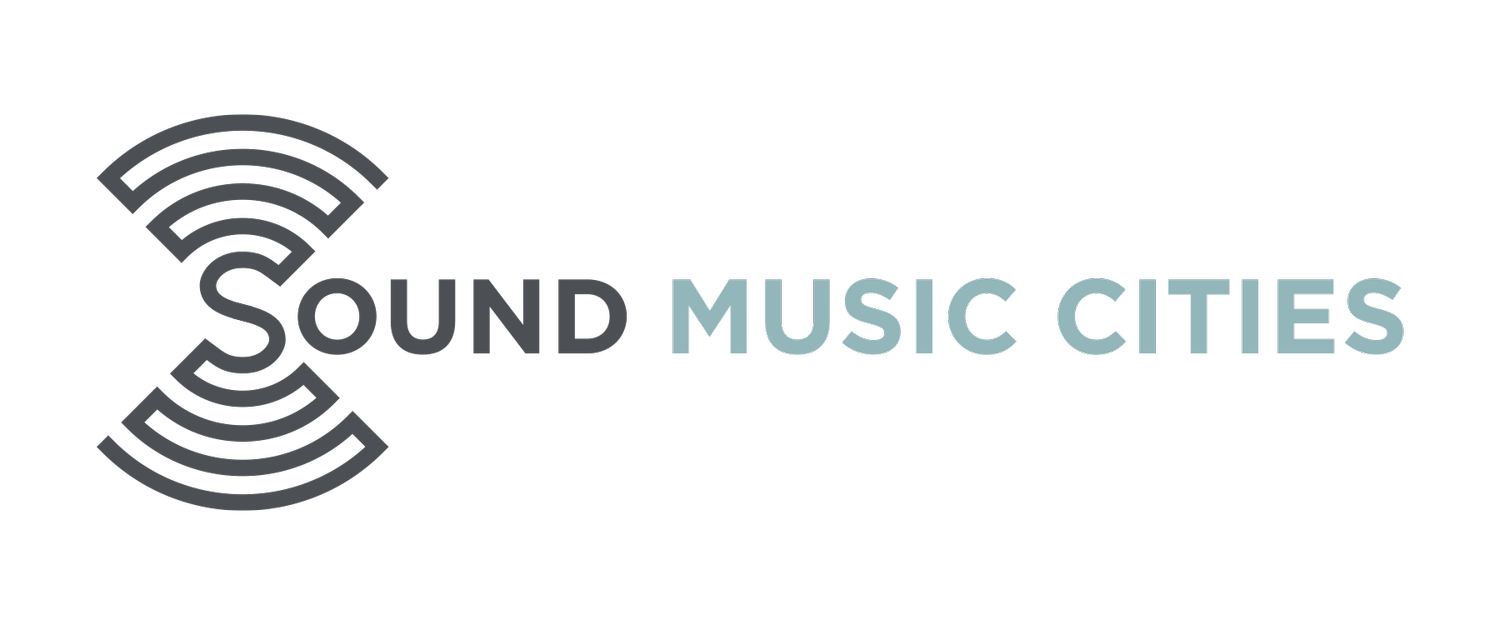
Entertainment-Related Sound & Management
Listening-first solutions that reduce conflict without silencing music
Entertainment-related sound is one of the most common friction points between music activity and community livability. These issues are rarely just about volume. They are shaped by expectations, communication, land use, operating practices, and how sound is experienced in real-world conditions.
Sound Music Cities helps communities address entertainment-related sound issues in ways that support music, nightlife, and quality of life at the same time.
Understanding Sound as Lived Experience
Entertainment-related sound is not experienced the same way by everyone.
What a venue operator, resident, hotel manager, or city staff member hears and feels depends on context, proximity, timing, frequency, and expectation. Policies that ignore these realities often create confusion, frustration, and unnecessary conflict.
Low-frequency sound, often described as bass, is a common source of concern. Low-end sound travels farther and behaves differently than higher frequencies. It can be felt through buildings and the ground, even when overall sound levels appear compliant.
Because of this, many entertainment-related sound issues are not strictly volume problems. They are issues of frequency, context, and how sound interacts with the built environment.
How This Shows Up in Practice
We’ve spent thousands of hours in the field working alongside city staff, venues, presenters, and neighbors, so communities don’t have to start from scratch.
Entertainment-related sound issues rarely live in one department or follow a clean process. They sit across planning, code, police, economic development, and neighborhood concerns, often shaped by land use decisions made years earlier.
Our work focuses on how these issues actually show up day to day and how a community’s existing resources, policies, and relationships can be better aligned to reduce conflict, clarify expectations, and improve outcomes without creating new systems or burdens.
Community Listening as a Starting Point
At the center of this work is listening.
We help communities create space for residents, venues, presenters, operators, and city staff to share what they are actually experiencing. These conversations often surface root causes, clarify misunderstandings, and reduce tension before any policy changes are considered.
In many cases, meaningful progress happens through shared understanding and clearer expectations, not stricter rules.
Schedule a brief exploratory call to clarify your challenges and identify the best starting point.
